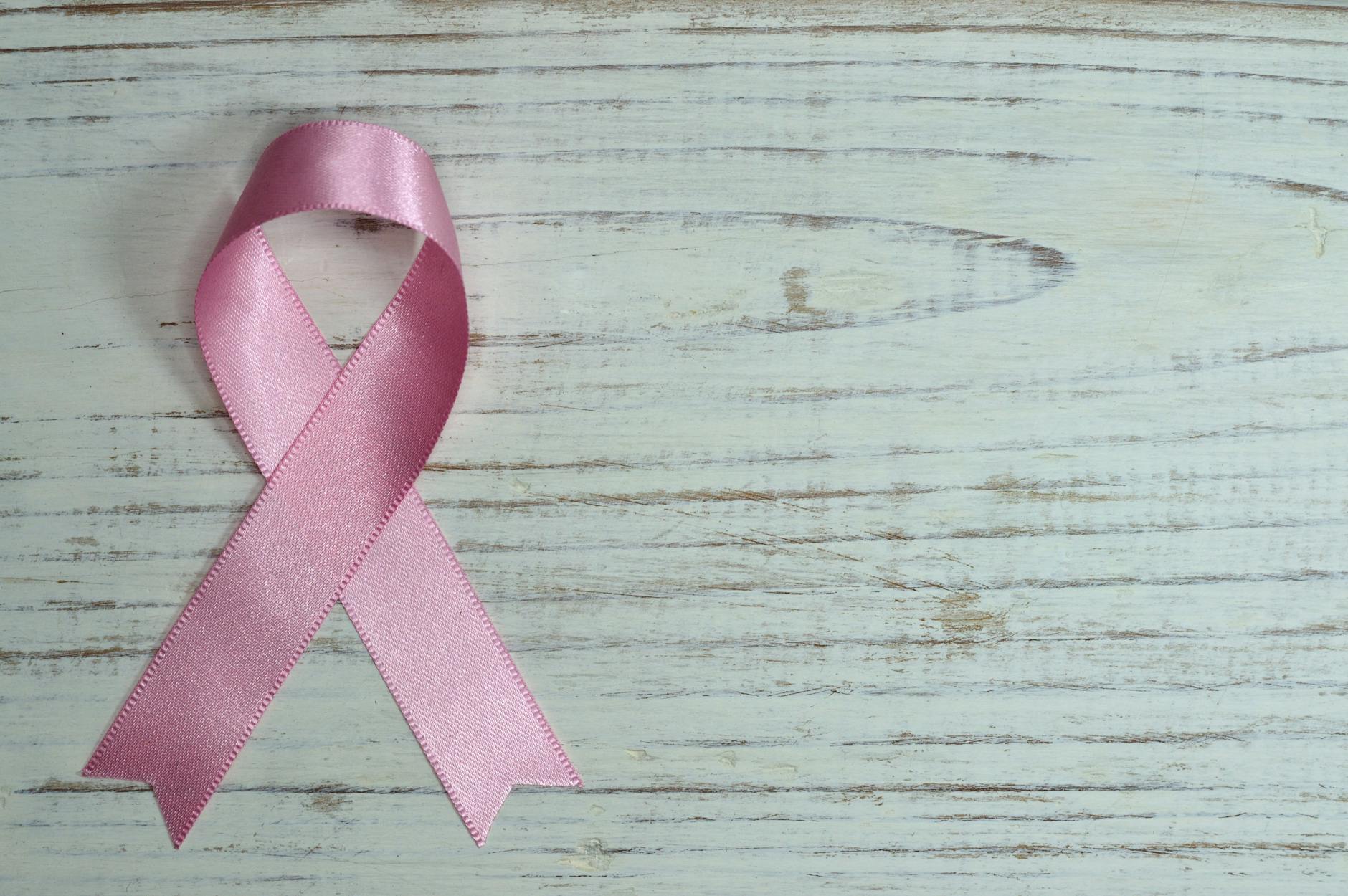
I’ve been working as a gynecologist for years, and one of the most important topics I discuss with my patients is how to take precautions against cervical cancer. It’s crucial to be proactive about this because, let’s face it, prevention is always better than cure. So, let me share some practical tips and insights on this subject.
Understanding How Cervical Cancer Develops
Cervical cancer starts in the cells of the cervix, which is the lower part of the uterus that connects to the vagina. Most cervical cancers are caused by persistent infection with high-risk types of human papillomavirus (HPV). Understanding this connection is key to taking effective preventive measures.
Importance of Regular Screenings for Early Detection
One of the best ways to prevent cervical cancer is through regular screenings. Pap smears (or Pap tests) and HPV tests are essential tools in detecting precancerous changes in the cervix. The Centers for Disease Control and Prevention (CDC) recommends that women start getting Pap smears at age 21 and continue regularly. If you’re between 30 and 65, combining a Pap test with an HPV test every five years is a solid strategy.
Getting Vaccinated Against HPV is Crucial
HPV vaccination is another critical step in reducing the risk of cervical cancer. The vaccine protects against the types of HPV that most often cause cervical, vaginal, and vulvar cancers. The World Health Organization (WHO) suggests that girls aged 9-14 receive the HPV vaccine, as it is most effective when given before any exposure to the virus. If you haven’t been vaccinated yet, it’s not too late—talk to your healthcare provider about getting the vaccine.

Lifestyle Modifications Can Reduce Risk
Certain lifestyle choices can also help reduce the risk of cervical cancer. For example, smoking has been linked to an increased risk of cervical cancer. Quitting smoking is beneficial not only for reducing this risk but also for improving overall health. Additionally, practicing safe sex by using condoms and limiting the number of sexual partners can reduce the risk of HPV infection.
Healthy Diet and Exercise Support Prevention
Maintaining a healthy diet and regular exercise routine supports your immune system, which can help fight off infections, including HPV. Incorporating fruits and vegetables rich in antioxidants can be particularly beneficial. Regular physical activity also helps maintain a healthy weight, which is linked to a lower risk of various cancers, including cervical cancer.
Recognizing Symptoms Can Save Lives
Early detection of symptoms can be lifesaving. Symptoms of cervical cancer may include abnormal vaginal bleeding, such as bleeding after sex, between periods, or after menopause. Other signs might be unusual vaginal discharge or pain during sex. If you experience any of these symptoms, it’s crucial to see your healthcare provider promptly.
Follow-Up Care is Essential After Abnormal Results
If your Pap smear or HPV test results come back abnormal, don’t panic. Abnormal results do not necessarily mean you have cervical cancer. They do indicate that further testing or monitoring is needed. This might involve a colposcopy (a closer examination of the cervix) or a biopsy. Following your healthcare provider’s recommendations for follow-up care is essential to manage any potential issues early.
Advances in Treatment Options for Cervical Cancer
There have been significant advances in the treatment of cervical cancer. Treatments can include surgery, radiation therapy, and chemotherapy. The American Cancer Society provides detailed information on the latest treatment options. Early-stage cervical cancer is often treated successfully, underscoring the importance of regular screenings and early detection.

Emotional and Psychological Support is Important
Dealing with the risk or diagnosis of cervical cancer can be emotionally challenging. It’s important to seek support from friends, family, or professional counselors. Support groups for women facing similar issues can also provide comfort and practical advice. Taking care of your mental health is just as important as addressing physical health concerns.
Proactive Steps are Key to Prevention
Taking proactive steps to prevent cervical cancer can significantly reduce your risk and ensure early detection and treatment if needed. Regular screenings, HPV vaccination, healthy lifestyle choices, and staying informed about your health are key components of a comprehensive prevention strategy. If you have any concerns or questions, don’t hesitate to reach out to your gynecologist. Regular check-ups and open communication with your healthcare provider are essential to maintaining your health and well-being.
